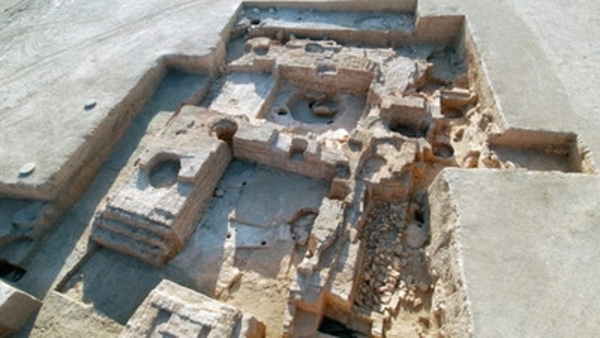Price:
2641 EUR
Contact
Sapienza University of Rome
Description
Archaeology is, among human sciences, the discipline with the strongest importance for the rediscovery, but also for the preservation and protection of cultural heritage, as Humankind’s universal patrimony. You will be introduced to the way we ourselves reflect on and are engaged with the study of human past: from the practical and material recovery of ancient traces in the field to the study and interpretation. On the other hand, the discovery of human past implies the correct conservation and presentation for both experts and general public: the study and protection of the past we share every day prevent from any possible destruction, misuse, abuse and thus cancellation of human memory.
“Recovering the Humankind's Past and Saving the Universal Heritage” presents to a large public Archaeology as a historical discipline: through an inter-disciplinary perspective you will follow the evolution and change of archaeology to the moment when natural sciences contributed to make the historical reconstructions scientifically sound; the aid of informatics and of virtual reconstructions gives new fascination to the already strong suggestion of Archaeology, as the discipline of discovery par excellence. Within this frame, Ebla, which is the glory of the Sapienza school of Oriental archaeology, will have an exemplary meaning in the course development as a long lasting experience on the field and an excellent example of the scientific results of combined researches and disciplines.
Moreover, the course will focus on actual, innovative instruments to preserve, monitor and give value to cultural heritage through a multidisciplinary approach, based on a deep archaeological and historical knowledge but also on ICT technologies. The wide adoption of ICT technologies in our daily life is also impacting in the way in which we interact with our cultural heritage in particular in terms of preservation and dissemination of cultural objects.
In this course you will learn the basic techniques to digitize cultural objects and obtain 3D digital copies of a physical objects such as statues, vases or archaeological sites. We will also discuss how to structure the raw data in order to facilitate and make effective the access to digital contents. In particular, we will present the European Data Model, a framework for collecting, connecting and enriching data on cultural objects provided by a number of museum, archives, sites and libraries in Europe.
Specific details
Category of Education
Arts and Humanities







 How to resolve AdBlock issue?
How to resolve AdBlock issue? 


Comments (0)